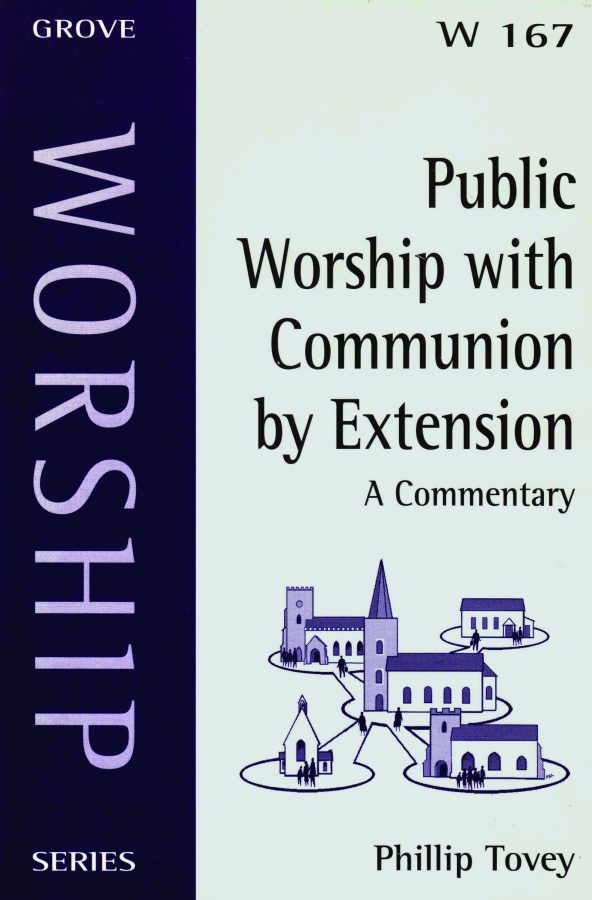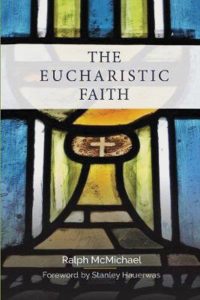Public Worship with Communion by Extension
 Public Worship with
Public Worship with
Communion by Extension
Author Phillip Tovey
Publisher Grove £3.95
Format pbk
ISBN 9781788271998
‘Communion by Extension’ – in which the congregation receives pre-consecrated bread and wine at a service led by a lay person – was authorised by General Synod in 2001. The context is that, while in 1901 there were 25,000 priests in the Church of England, in 2019 there were more Readers/LLMs than stipendiary clergy. Seen by many therefore as an obvious way forward to enable congregations to receive the Eucharist in multi-parish benefices, this service has become established practice in rural communities in some dioceses, but is almost non-existent in others. Everything depends on the local Bishop’s whim, which makes this service unique in Common Worship. This revised edition Grove booklet includes a helpful, detailed commentary on the service and practical guidance in the form of FAQs. The final chapter is ‘Unresolved Issues’. There are plenty of them! Twenty years on, is it time for a review by Synod or the House of Bishops of the theology and pastoral practice behind the service? Dare we even mention lay presidency? Should Transforming Ministry magazine start the discussion?
Reviewed by ALAN MITCHELL
Eucharist, Lay ministry

 The Eucharistic Faith
The Eucharistic Faith
Recent Comments